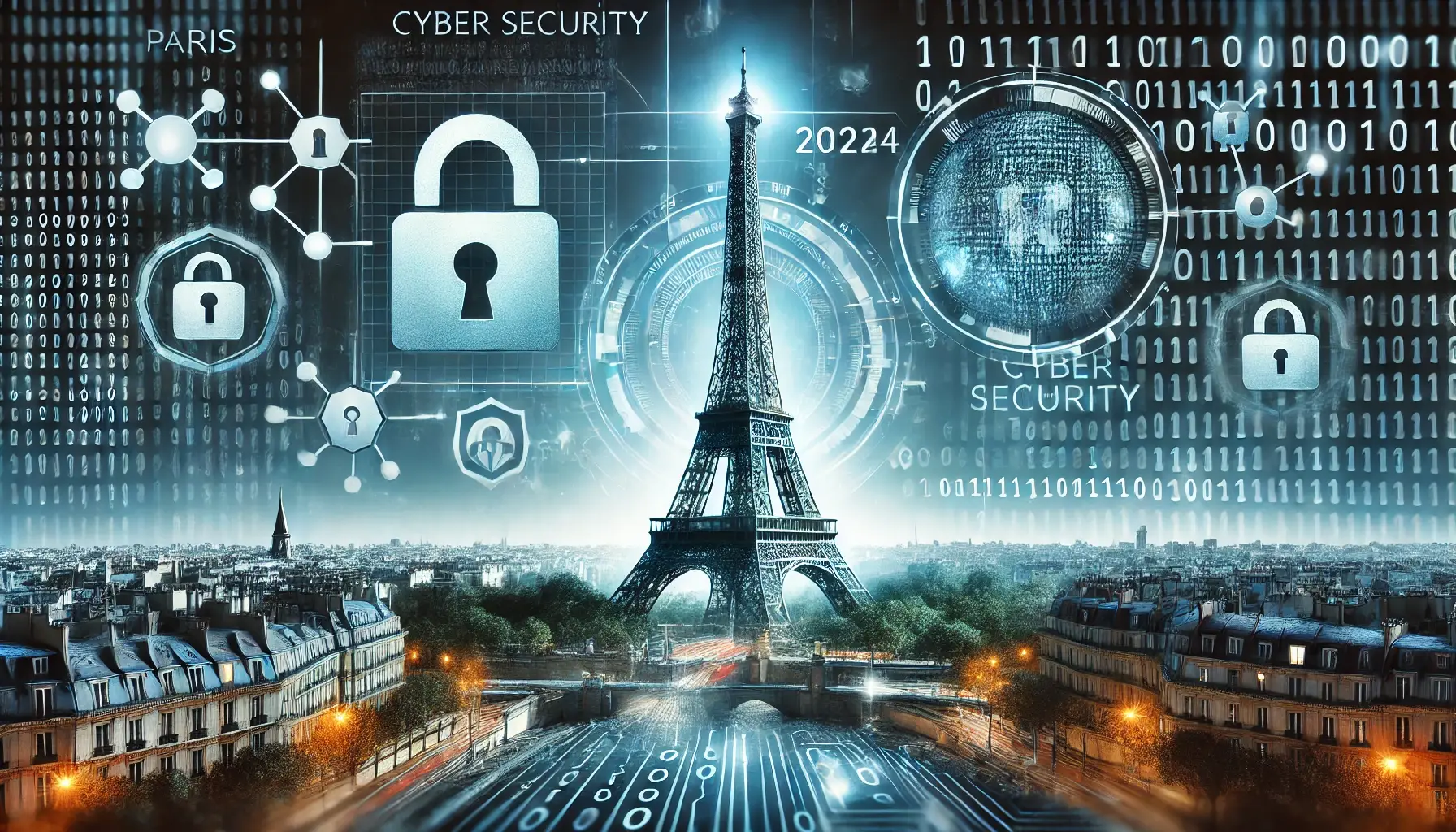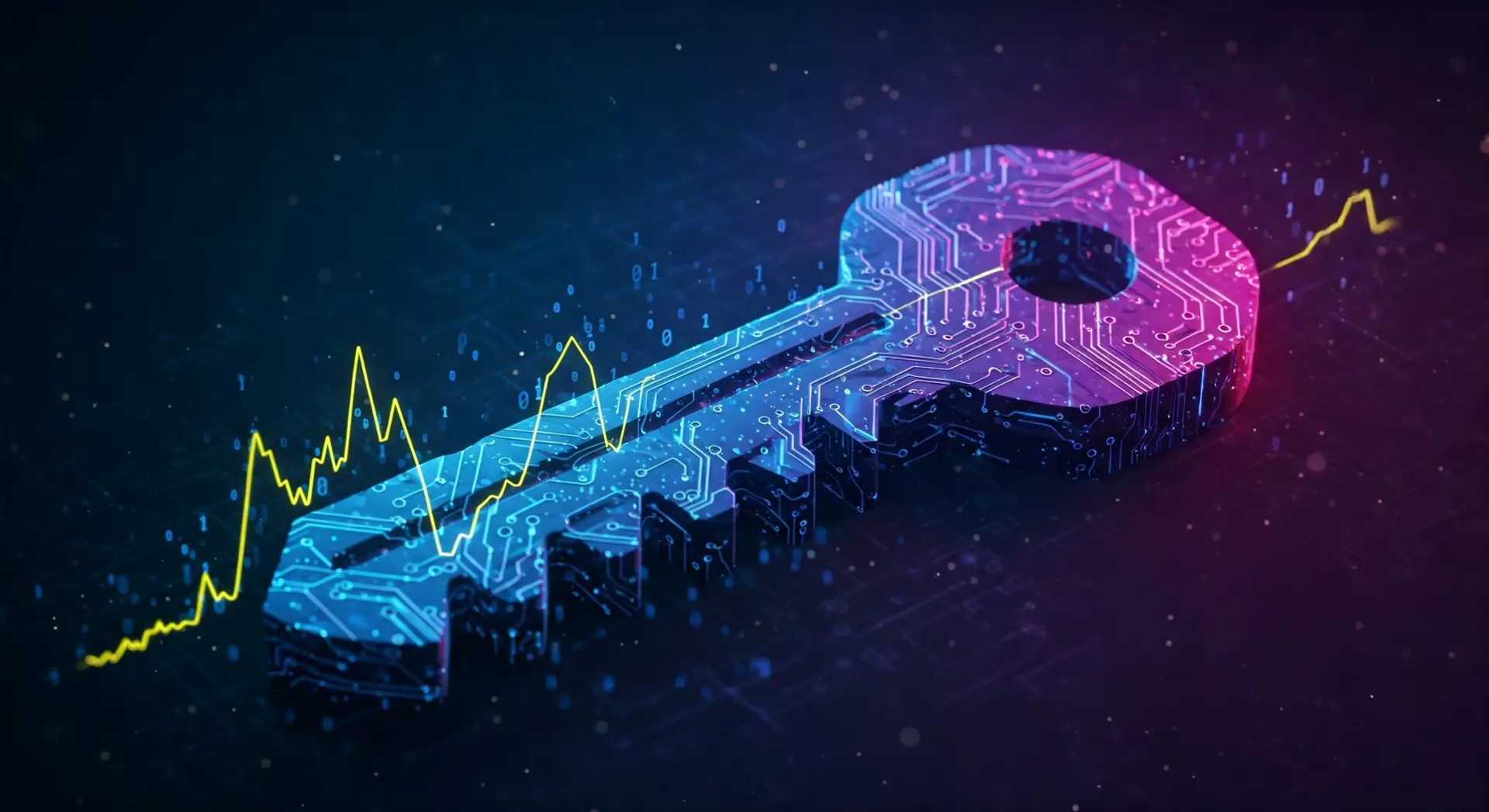The 2024 Paris Olympics is set to be a grand event. However, with grandeur comes the risk of cyber threats. In today’s digital age, cyber security is crucial for such massive events. The safety of athletes and the integrity of television coverage are primary concerns. This blog delves into how cyber security could affect these aspects of the 2024 Paris Olympics.
The Growing Threat of Cyber Attacks
The Olympics are a prime target for cybercriminals. These attacks can range from data breaches to ransomware. During such events, the focus is on ensuring smooth operations and security. Cyber threats can disrupt the games, impacting athletes and broadcasting.
Impact on Athletes
Athletes at the Olympics are more than just competitors. They are global representatives and influencers. Cyber attacks can compromise their personal data, leading to identity theft. Sensitive information about training regimens and health can be exposed. Such breaches can be detrimental to their performance and mental health.
Data Breaches
Data breaches are a significant threat. Hackers can access personal and professional information. This data can be sold or used for blackmail. Athletes’ medical histories and personal communications are at risk. Protecting this data is crucial to maintain their privacy and well-being.
Identity Theft
Identity theft is another major concern. Hackers can steal an athlete’s identity for various malicious activities. This could include financial fraud or damaging their reputation. Strong cyber security measures can help prevent such incidents, ensuring athletes remain focused on their performance.
Psychological Impact
The psychological impact of cyber attacks cannot be underestimated. Athletes under cyber threats may experience stress and anxiety. This can affect their performance on the field. Ensuring robust cyber security can help maintain their mental health, allowing them to concentrate on their goals.
Ensuring Athlete Safety
Protecting athletes from cyber threats involves multiple strategies. Firstly, educating them about potential risks is essential. They should know how to identify phishing attempts and secure their personal devices. Secondly, employing advanced security systems to protect their data is crucial. Encryption and multi-factor authentication can provide additional layers of security.
Impact on Television Coverage
Television coverage is a critical aspect of the Olympics. It brings the event to millions of viewers worldwide. Cyber attacks on broadcasting networks can cause severe disruptions. These disruptions can lead to financial losses and tarnish the event’s reputation.
Disruptions to Live Broadcasts
Live broadcasts are vulnerable to cyber attacks. Hackers can disrupt the signal, causing interruptions. This can result in delayed or lost broadcasts. Such disruptions can frustrate viewers and damage the broadcaster’s reputation.
Financial Implications
Disruptions can have significant financial implications. Advertisers pay premium rates for Olympic slots. Interruptions can lead to breached contracts and lost revenue. Broadcasters must ensure their systems are secure to protect their financial interests.
Data Integrity
The integrity of broadcast data is also crucial. Hackers can manipulate broadcast content. This can lead to misinformation and confusion among viewers. Ensuring data integrity through robust security measures is essential to maintain trust.
Strategies for Secure Broadcasting
Broadcasting networks need to adopt comprehensive cyber security strategies. Regular security audits can help identify vulnerabilities. Implementing strong firewalls and intrusion detection systems is crucial. Additionally, encrypting data and using secure communication channels can prevent unauthorized access.
Collaborative Efforts
Ensuring cyber security at the Olympics requires collaboration. Governments, organizers, and private sectors must work together. Sharing intelligence and resources can help combat cyber threats effectively. Collaboration can also lead to the development of advanced security technologies.
Government Involvement
Governments play a vital role in securing the Olympics. They can provide resources and expertise. Additionally, they can facilitate the sharing of intelligence about potential threats. Governments can also enact policies to enhance cyber security measures for such events.
Role of Organizers
Organizers are at the forefront of ensuring security. They need to implement robust security protocols. Regular training sessions for staff and athletes can enhance awareness. Organizers should also work with cyber security experts to develop comprehensive plans.
Private Sector Contribution
The private sector, including tech companies, can contribute significantly. They can provide advanced security solutions and expertise. Collaborating with private companies can lead to the development of innovative security technologies.
Technological Innovations
Technological innovations play a crucial role in enhancing cyber security. AI and machine learning can help identify threats in real-time. Blockchain technology can provide secure ways to manage data. Implementing these technologies can enhance the overall security framework.
AI and Machine Learning
AI and machine learning can revolutionize cyber security. These technologies can detect anomalies and potential threats in real-time. They can also predict possible attack vectors, allowing for proactive measures. Using AI and machine learning can significantly reduce the risk of cyber attacks.
Blockchain Technology
Blockchain technology offers secure ways to manage data. Its decentralized nature makes it difficult for hackers to compromise. Using blockchain for data management can enhance security. This can be particularly useful for protecting sensitive athlete information and broadcasting data.
The Importance of Preparedness
Preparedness is key to combating cyber threats. Developing and testing response plans can ensure readiness. Regular drills and simulations can help identify weaknesses. Being prepared can minimize the impact of potential cyber attacks.
Developing Response Plans
Response plans are essential for handling cyber incidents. These plans should outline steps to mitigate the impact. They should include communication strategies to inform stakeholders. Having a clear response plan can help manage crises effectively.
Regular Drills and Simulations
Regular drills and simulations can help prepare for cyber attacks. These exercises can identify vulnerabilities and areas for improvement. They also help staff and athletes understand their roles in an incident. Regular practice can enhance the overall preparedness.
The 2024 Paris Olympics promises to be a spectacular event. However, the threat of cyber attacks looms large. Ensuring robust cyber security is crucial for the safety of athletes and the integrity of television coverage. By adopting comprehensive strategies and leveraging technological innovations, we can safeguard this global event. Collaboration and preparedness will be key to ensuring a secure and successful Olympics.




